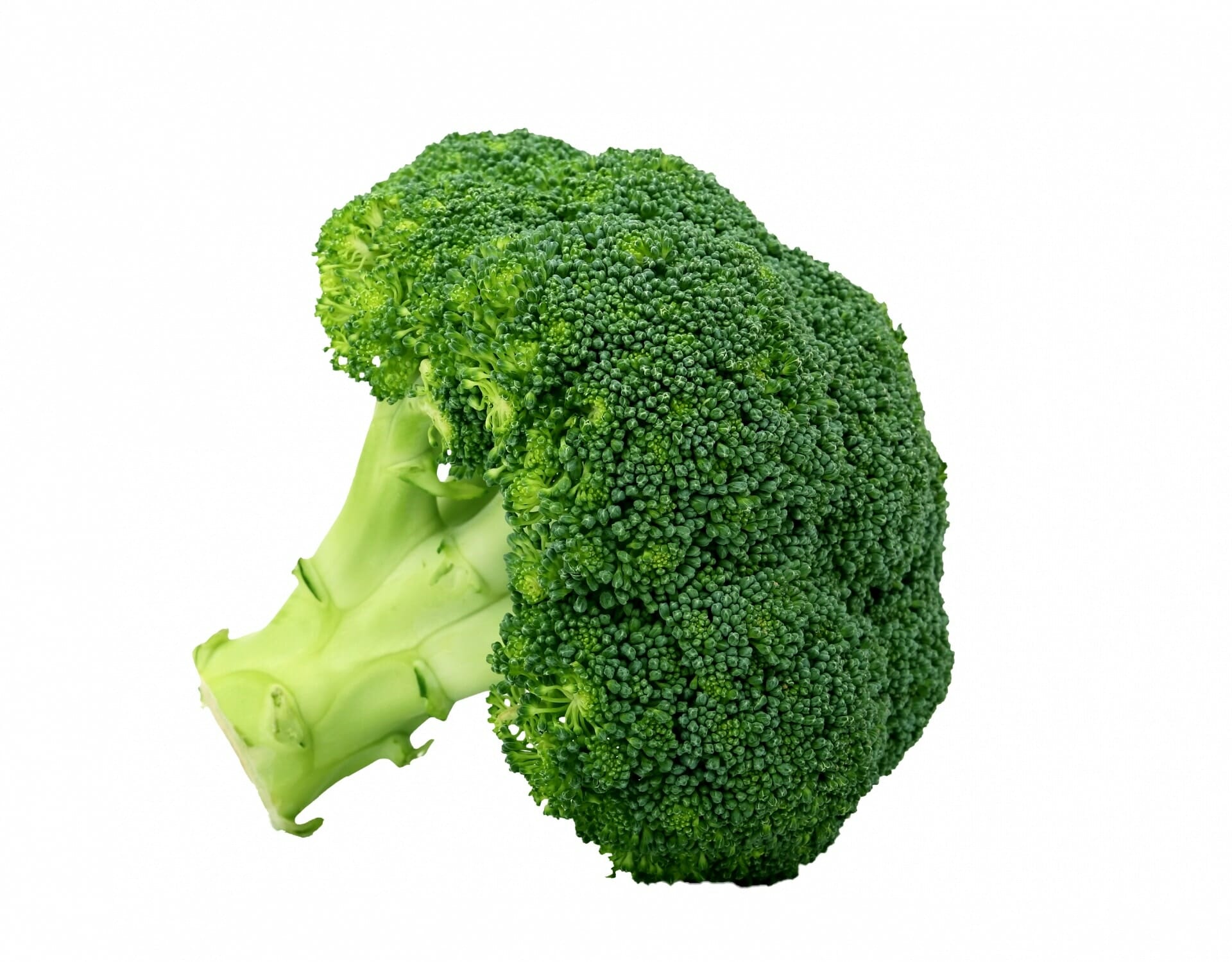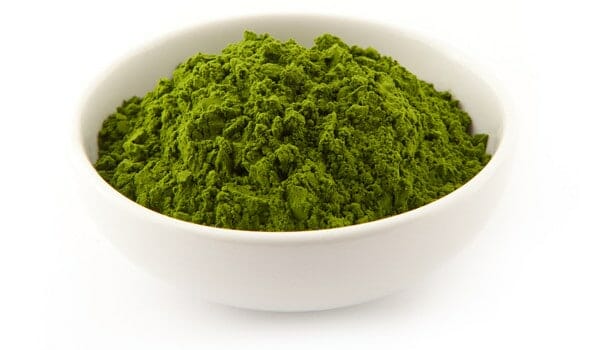Happy Thanksgiving!
Don’t forget to eat your broccoli this year!
Fiber in the diet may be the key to having a healthy digestive tract.
The gut microbiota plays a vital duty in keeping our body’s general health. New study reveals just what occurs if we do not feed our intestine microbes with the fiber they need to survive.
Gut bacteria are necessary to keeping our body healthy.
Our intestine microbiota consists of at the very least 1,000 different species of recognized microorganisms.
We share one 3rd of our digestive tract germs with other people, while the composition in our other two thirds is special to each one of us.
Intestine microbiota is very important to our health because it contributes to a healthy immune system by serving as a barrier against various other damaging microorganisms.
It additionally helps with digesting foods that the stomach as well as small intestinal tract have not been able to absorb. They also generate some vitamins.
We have actually always been told by medical care specialists as well as nutritional experts that fiber is essential to a healthy diet.
However brand-new research examines specifically what happens if our digestive tract microbes do not obtain the proper amount of fiber.
There was a research study which was carried out by a global group of scientists led by Eric Martens, Ph.D., associate teacher of microbiology at the College of Michigan Medical Institution, as well as Mahesh Desai, Ph.D., from the Luxembourg Institute of Wellness.
Scientists reproduced mice especially for the study. Mice were birthed and raised without any digestive tract germs of their own. They then got a transplant of 14 microbes that generally reside in the human intestine.
Knowing the genetic trademark of each germs, scientists were able to track the advancement of every one of them over time. They utilized a germ-free lab center and also hereditary techniques that allowed them to see what microorganisms existed as well as which were active under various nutritional conditions.
Scientist infected the mice with a strain of microorganisms that is the matching of E. coli in human beings. Then they checked out the influence of diet plans with varying amounts of fiber, in addition to a diet regimen without any fiber in all.
Researchers tried a diet regimen that was 15 percent fiber, made from minimally-processed grains and also plants. They likewise attempted a diet regimen that was rich in prebiotic fiber – a cleansed form of soluble fiber that is similar to what some refined foods and nutritional supplements contain.
As revealed by the research – published in the journal Cell – the induced infection did not totally spread in mice that got the 15 percent-fiber diet regimen. Their mucus layer continued to be thick, safeguarding them against the infection.
However when scientists replaced the diet plan with one that lacked fiber completely, intestine germs began eating the mucus. Also a couple of days of fiber deprival led the germs to begin invading the colon wall surface.
Gut germs count on fiber for their food, and when they do not obtain it, they start eating away at your gut. This makes the intestine a lot more prone to infections.
The diet abundant in supplement-like prebiotic fiber had the exact same results as the diet regimen lacking fiber totally. The mucous layer started wearing down as a result of the action of germs.
” The lesson we’re picking up from researching the interaction of fiber, digestive tract germs as well as the intestinal barrier system is that if you don’t feed them, they could eat you.”
Scientists were additionally able to see just what fiber-digesting enzymes the bacteria were making. They located 1,600 various enzymes that digest carbohydrates – a complexity similar to the one discovered in the human gut.
A lack of fiber additionally activated a higher production of such mucus-degrading enzymes.
Researchers had the ability to look at photos of the “cup” cells on the colon wall that produce mucus. They can clearly see exactly how the mucus layer got considerably thinner as the mice received much less fiber.
In a normal intestine, mucous is being generated and also weakened at a constant speed. But on a fiber-deprived diet, mucus was weakened at a much greater rate compared to it was produced.
Checking out the gut cells of infected mice, researchers had the ability to see swelling throughout a vast area of thinning, as well as uneven tissue.
Contaminated mice that received a diet abundant in fiber also displayed swelling, yet across a much smaller sized area.
In the future, Martens and Desai wish to research the impact of various prebiotic mixes over a longer amount of time, in addition to the impact of a periodic all-natural fiber diet.
Researchers would also like to locate the biomarkers that signal the state of the mucous layer in human digestive tracts, such as the number of mucus-degrading microorganisms.
Martens and also Desai also wish to research the influence of a low-fiber diet regimen on chronic diseases such as inflammatory digestive tract disease.
” While this study was conducted with mice, the take-home message for humans intensifies every little thing that physicians and nutritionists have been telling us for decades: Consume a lot of fiber from varied all-natural resources.
Your diet directly affects your microbiota, and also from there it could affect the standing of your intestine’s mucous layer and also tendency towards some conditions. However it’s an open inquiry of whether we could treat our social absence of fiber with something more cleansed and easy to consume compared to a great deal of broccoli.”
One easy way to increase fiber intake is to eat more fibrous foods like broccoli. In addition, fiber supplements may also be used to help increase proper fiber intake.


